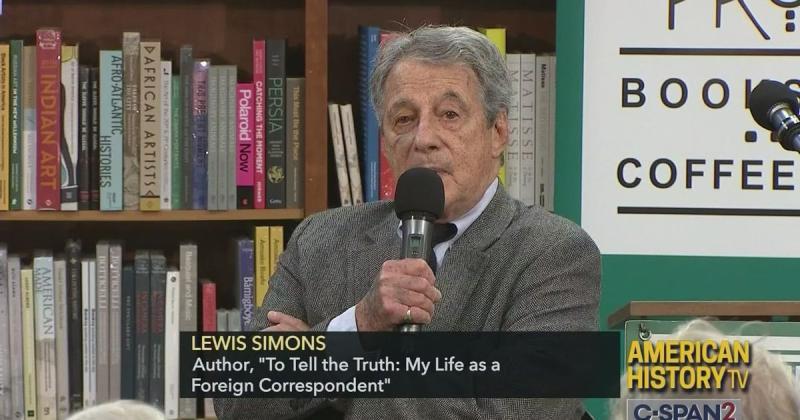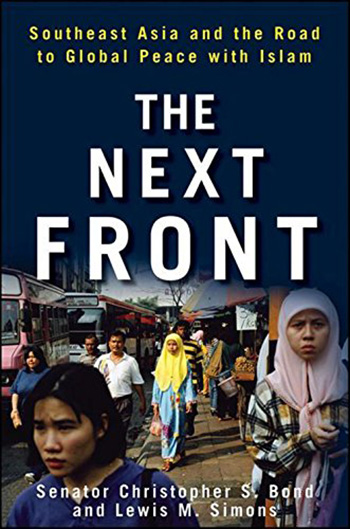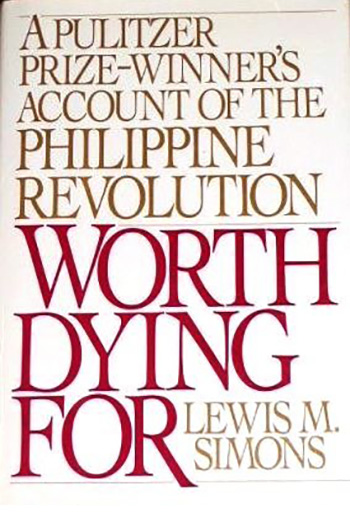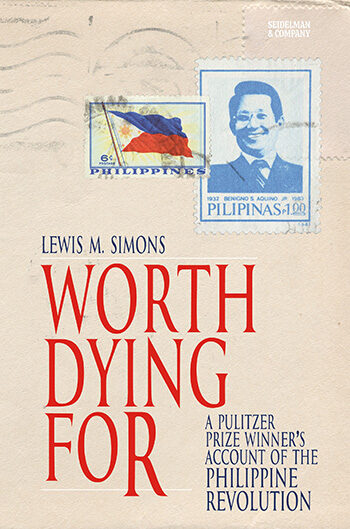Amazon Reviews
Forward

From the Foreword by The Dalai Lama
Journalists have an important role to educate and inform the public, as an observer and in an objective manner. That is what Lew Simons, whom, I have had the opportunity to meet several times, has been practicing while covering developments in different parts of the world. His revealing book, To Tell the Truth, is a testament to his application of this approach.
Section Testimonials
Testimonials
Tim Weiner
Pulitzer Prize- and National Book Award-winning author of Legacy Of Ashes: The History of The CIA
How many reporters have helped topple a dictator? Lew Simons is one of the very few. A fascinating chronicle by one of America’s best foreign correspondents, To Tell the Truth deftly weaves penetrating coverage of turbulent times with intimate family stories. A great book by a truly talented journalist.
De Gruyter Saur
The Pulitzer Prize Archive
Doubtless the investigative stories and exposes of the San Jose Mercury team can be called one of the greatest successes in the history of the internationally oriented Pulitzer Prizes.
David Cay Johnston
Pulitzer Prize-winning investigative reporter and best-selling author of The Big Cheat
Lew Simons' To Tell The Truth is the improbable, true, and captivating story of a New Jersey butcher’s son who became an intrepid foreign correspondent, covering five decades of wars, revolutions, upheavals and famines throughout Asia and the Middle East.
David E. Sanger
The New York Times, and author of The Perfect Weapon
As a young foreign correspondent in Asia three decades ago, I quickly learned a few things about Lew Simons. First, you didn’t want to compete with him. Second, no one understood Asia — and America’s misadventures there — better than Lew did. And finally, there was no more elegant writer, empathetic reporter or greater investigator. To Tell the Truth is a reminder of what a truly gifted reporter does: Dig, expose and explain in beautiful prose. No one does it better.
Interviews-Press
Interviews
Wrong Place Right Time
Listen on Spotify | Listen on Apple Podcasts
BBC: Here Lies Love
An Extraordinary Journey
Two for the Road: A Foreign Correspondent’s Family Odyssey
Lewis Joins American Diversity Report Podcast
Lew Discusses Laos Cluster Bombs Tragedy on All Things Considered
Rag Radio: Lew Simons and Allen Young
Two Reporters: How a sniper almost killed our guest (plus other chilling tales of a foreign correspondent) Parts One and Two
Talk Radio Europe's Giles Brown Interviews Lew
Book Goodies Interview - Click Here
Lewis M. Simons on "The Weekend with Ed Kalegi"
In the Press
Meldy and Ferdy do Broadway
NPR
"Bombies" Kill Babies
NPR
ALLEN YOUNG | BOOKS | ‘To Tell the Truth: My Life as a Foreign Correspondent’ by Lewis M. Simons
The Rag Blog
Opinion: India expelled me for journalism 47 years ago. It's still cracking down
NPR
For This Correspondent, No Assignment Seemed Too Dangerous
The NY Sun
On the Cover of Pittsburg Authors Magazine
A celebrated foreign correspondent built his life work on detachment. Then everything changed.
Columbia Journalism Review.
Events
Events
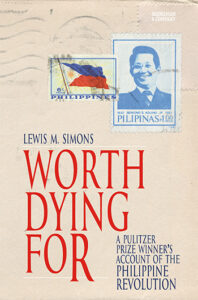 I am thrilled to post the following from Marco Seidelmann, my new publisher:
I am thrilled to post the following from Marco Seidelmann, my new publisher:
For a small low-budget publishing company, what's better than releasing the book of a renowned Pulitzer Prize winner? Damn right, it's two Pulitzer Prize winners. Next to Mark Stevens' terrific debut novel SUMMER IN THE CITY we'll re-release Lew Simons' epic account of the Philippine Revolution, the assassination of Ninoy Aquino and the end of the shameful Ferdinand Marcos dictatorship - WORTH DYING FOR will be published early in 2024. Stay tuned for the good stuff. Here's a first glimpse.
Two for the Road: A Foreign Correspondent’s Family Odyssey
"Uncovering Truth in International Reporting" Book Discussion at APCO Worldwide
Oatmeal Club - Lewis Simons: A Pulitzer Prize Winning Journalist Tells the Stories Behind the Stories
Passcode: Stories@230601
To Tell the Truth: A campus conversation in Richmond with Lew & Carol Simons
Lew speaks virtually to Washington, DC's Northwest Neighbor's Village on Valentine's Day | Watch Video
Tuesday, Feb. 14, at 11 a.m. EST.
Discussion with Philippines Journalist Christian Esguerra
Passcode: te4GPQz*
Lew and David Sanger of NYT discuss To Tell the Truth on C-SPAN
Discussion with David Sanger at Washington's iconic Politics and Prose bookstore
November 11, 2022




